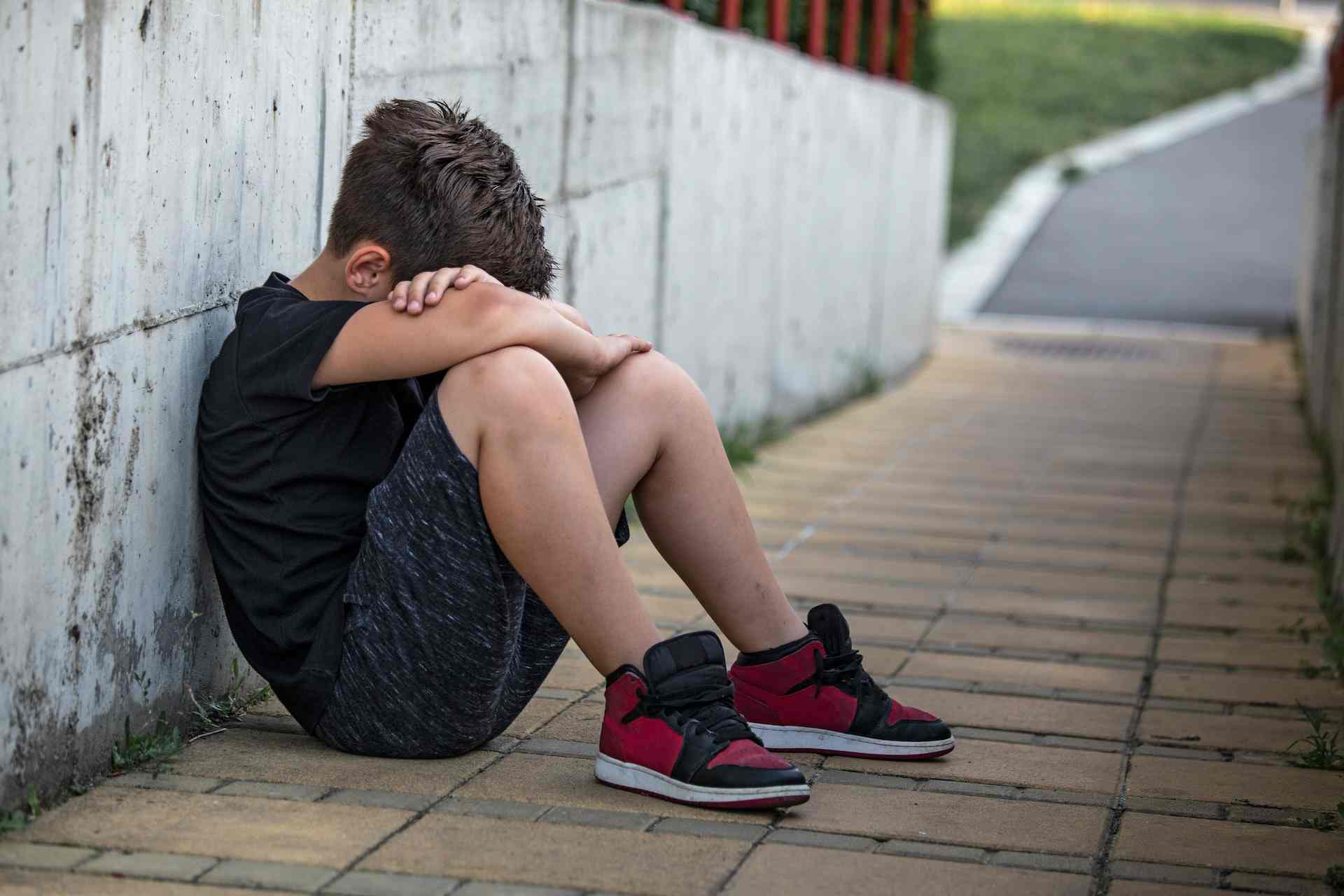Supporting a Loved One During an Explosive Personality Disorder Episode
When someone you love suddenly erupts in anger, the yelling, the tension, and uncertainty are a lot to handle. You probably find yourself wondering, “Why does this keep happening?” “How do I calm this down?” or “What if I make it worse?” We all get angry sometimes, but Explosive Personality Disorder is not just about getting angry. It involves sudden, intense outbursts that are at times unpredictable and overwhelming. Understanding that this is a mental health condition, not just an emotional flaw, can help shift our perspective. Just as we seek treatment for physical ailments, people struggling with this also need professional support and care.Explosive Personality Disorder is More Than Just a Bad TemperUnlike occasional frustration or a short temper, these episodes usually involve yelling, threats, aggression, or even physical violence. For those struggling with this disorder, the outbursts will cause a lot of deep regret afterward, but in the heat of the moment, they may feel powerless to stop them.How do you know if your loved one’s anger is more than just a bad day? There are some day-to-day signs that tell us that something is not right.The person is having more and more intense outbursts that seem too excessive for the situation.The person seems unable to stop or control their anger once it starts.The anger episodes cause damage to relationships, work, or daily life.All of a sudden, a person displays verbal or physical aggression, including yelling, throwing objects, or lashing out that isn’t like them at all.The exact cause of Explosive Personality Disorder, also known as Intermittent Explosive Disorder (IED), isn’t fully understood, but several factors contribute to it, such as genetic disposition, chemical imbalances in the brain, or underlying conditions. People with ADHD, anxiety, or past trauma may also be more prone to experiencing explosive episodes.While these [...]











